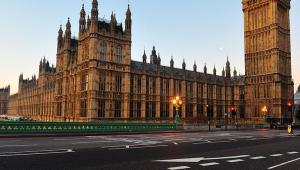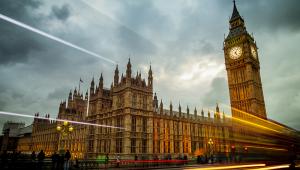Last week NHS Improvement announced savings of over £600m in the first year since measures were introduced to curb spending on agency staff. These measures were put in place after the NHS spent over £3bn on agency staff in 2014/15. HFMA welcomed the initiatives put in place to scrutinise and manage agency cost overspend, and are pleased to see progress. In its report, NHS Improvement said 73% of trusts had managed to successfully reduce agency spend, with more than half of these doing so by more than a quarter. The news that expenditure on agency staff is being reduced is very encouraging and it is clear the sector has been working hard to see improvements.
Yet, despite the positive progress to date, the NHS is still spending £250m a month on agencies. In particular, the issue of excess premium rates paid on agency staff, continues to be a major pressure on costs and can only be partly resolved if a pricing cap is introduced.
To help address the problem, we support the news that NHS Improvement is to bring in further measures to reduce spending on agency staff. These will include league tables highlighting the best and worst performers; anonymised information on the 20 highest paid agency staff; additional reporting, including on shifts that cost more than £120 an hour; and a plan to introduce an approval process for very senior interim managers.
Although these are all positive steps in the right direction, in the long term it is important we also address the subject of supply and demand, which fundamentally underpins the high use of agency staff and drives agency premiums. The solution lies in getting the workforce planning right, which cannot be fixed overnight, but should be addressed. Increasing resource in the NHS workforce will eliminate the agency spend cycle we currently find ourselves in.
The recent reduction in spending is very promising and proves the metrics put in place are having a positive impact on the sector. However, the issue of agency staff costs will continue to be difficult to manage unless we move towards redesigning services across wider geographical patches to provide a much more sustainable service for the future. Unsustainable agency staffing costs have impacted the overall deficit in the NHS, but instead of focusing on a quick fix to reduce these costs, we must solve the much bigger workforce planning issues that has led to this dependency in the first place.



















